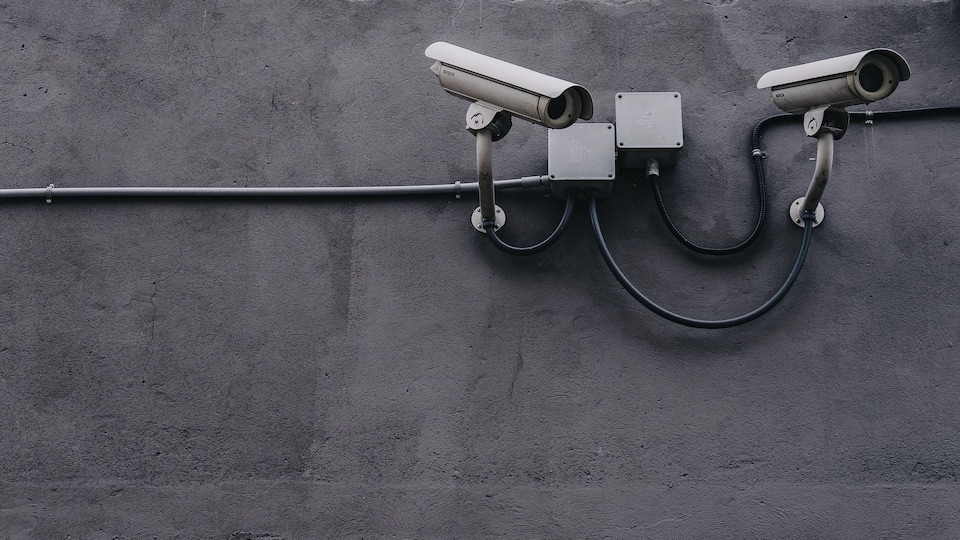Austria: Call for ban on facial recognition for criminal prosecution

Amnesty International calls for a ban on facial recognition software for criminal prosecution in Austria. In a new report (in German), the organisation warns of a massive encroachment on human rights by this new technology. The Austrian Criminal Intelligence Service has been using facial recognition software in standard operations since August 2020. However, the human rights organisation criticises that there is insufficient legal basis for this.
The use of facial recognition software encroaches on the right to privacy. Particularly automated comparisons with databases in real time represent a “form of mass surveillance that violates human rights for which there can be no justification.” This is due to the use of this technology in real-time operations: cameras record all people passing by, regardless of an individual case of suspicion.
The system used in Austria is not a real-time facial recognition software. Instead, police officers use this software to evaluate the images afterwards. Nevertheless, Amnesty International describes this as “highly problematic from a human rights perspective”. Facial recognition systems are prone to error, reinforce existing inequalities and violate the right to equality and non-discrimination. Studies have shown that especially non-white people, women and trans people are often misidentified.
It is unclear to what extent the Austrian system discriminates against marginalized groups, because the Federal Ministry of the Interior has not demanded (in German) that the software developers disclose the algorithms used.
Danger to freedom of assembly
People might change their behaviour in everyday life out of fear of omnipresent surveillance. For example, they might no longer participate in demonstrations or freely express their opinions. Such behavioural adjustments are also called “chilling effects”. In September 2020, it was revealed that the police had used facial recognition technology to search for suspected criminals after demonstrations in Vienna.
“Facial recognition technology can threaten the right to peaceful protest and freedom of expression. It can also have a discriminatory effect. Its use is not compatible with our human rights and must therefore be banned,” said Annemarie Schlack (in German), Executive Director of Amnesty International Austria.
In August 2020, the facial recognition system was put into standard operation after a one-year test phase. However, the Ministry of the Interior had only provided information after several parliamentary inquiries. Amnesty International is “extremely concerned” about this “almost creeping transition”.
The technology is used by the Austrian BK in investigations of “premeditated and judicially-punishable acts”, regardless of sentencing. The police compare images from surveillance cameras with their database for this very purpose. According to Amnesty International, about 600,000 suspects and convicted persons are registered in this database. The technology is used frequently by police: last year, the newspaper The Standard (in German) reported that it was used 931 times between December 2019 and 1st October 2020 to check 1343 suspects.
No clear legal basis
The Ministry of the Interior refers to section 75 of the Security Police Act (in German) as its legal basis. However, Amnesty International criticises that this “does not contain explicit and sufficient regulations on the application of facial recognition technology”.
The organisation also fears that real-time facial recognition is soon to come, even if the Ministry of Interior is not currently planning on using this technology. Other databases, such as passport and driving licence records, could also be used as a source for facial recognition in the future. According to AI, it is important to prevent “future possibilities for mass surveillance, for example through video surveillance in public places” at an early stage.
“Our security is a precious asset that the state must protect. However, the use of facial recognition technology does not make people in Austria much safer, but is does make them less free. We are all paying too high a price for facilitating police investigative work. Facial recognition threatens our rights to a point that its benefits cannot outweigh its disadvantages” said Annemarie Schlack.
In addition to a ban on facial recognition for law enforcement in Austria, Amnesty International also calls for a worldwide ban: facial recognition technology for identification purposes should not be allowed to be used, developed, produced, sold or exported. (js)